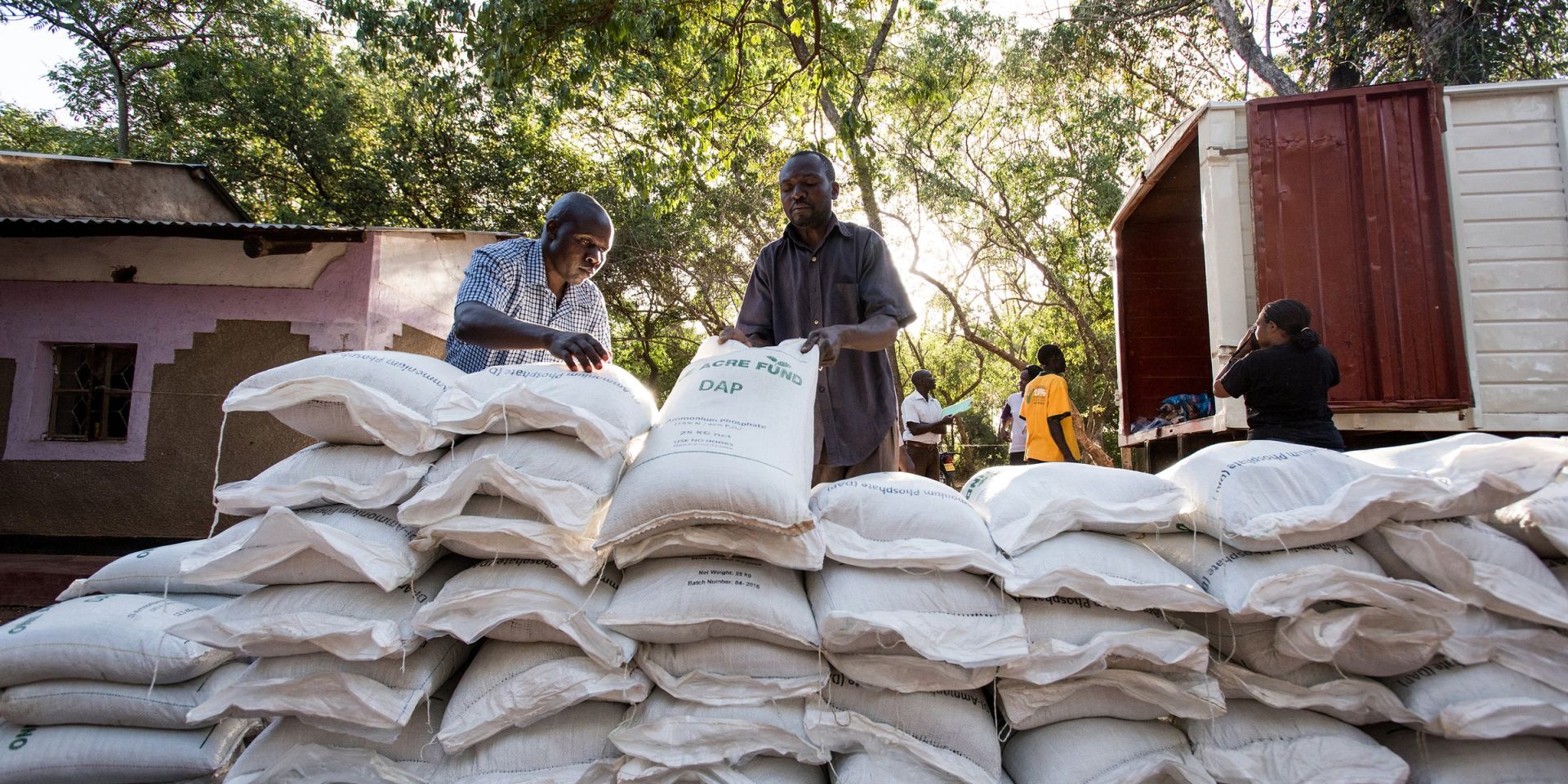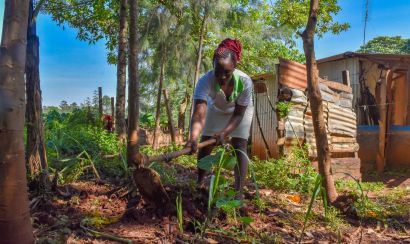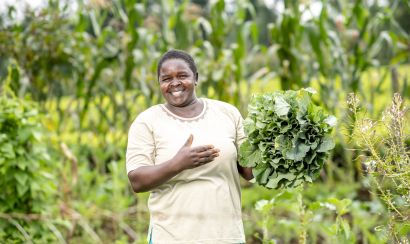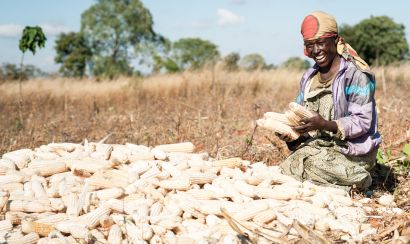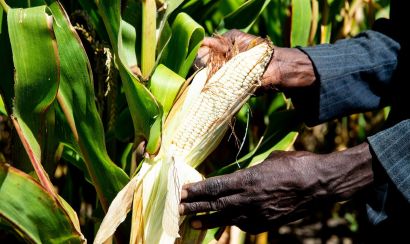Behind the Scenes: Seed and Fertilizer Procurement
Planning Ahead
This year in Kenya, One Acre Fund distributed 500+ metric tons of seed and 6,000+ metric tons of fertilizer to 80,000+ smallholder farmers. Receiving farm inputs on time is not something that Kenyan farmers can take for granted, and they were thrilled when it arrived just in time for planting.
What farmers may not know is what it takes to ensure on-time delivery of inputs. For One Acre Fund, the procurement process for seeds and fertilizer started six months earlier. In Kenya, the main planting season is in March, which means that we start work in August or September of the previous year.
Fertilizer
Fertilizer has a long way to travel before it reaches smallholder farmers in Kenya. Most fertilizer is produced in North America, Eastern Europe, the Middle East, or Asia. It needs to be shipped to Mombasa in big ocean freighters which can carry 20,000 – 30,000 metric tons. Once it is cleared at the port, it is transported inland by large trucks carrying 25-28 metric tons each. The trucks make their way to One Acre Fund warehouses located all over western Kenya, where the fertilizer is stored. When it’s time to deliver to farmers, it gets loaded into smaller trucks carrying 7-8 metric tons at a time.
One farmer might get only 50kg of fertilizer. But when One Acre Fund purchases fertilizer, it buys in batches of several thousand metric tons. This makes us a big player in the fertilizer business, and we leverage this to get the best possible prices for our farmers. 6 months before it’s time to deliver, our inputs procurement team checks prices with international fertilizer traders as well as local importers to make sure that we’re getting the best price. Since fertilizer prices can fluctuate significantly, we also do a thorough market analysis to decide whether prices are likely to go up or down in the next few months.
Seed
Unlike fertilizer, most of the seed we purchase is produced in Africa. One Acre Fund works with over 10 seed companies to procure maize, sorghum, millet, bean, and collards seeds. Some companies produce their seeds right in Kenya, while others import from countries like Zambia, Zimbabwe and South Africa.
Once we’re sure we’ve negotiated the best price, we start placing orders in October or November to give companies time to prepare. Starting in December, seed starts arriving at our warehouses, where it’ll be stored until delivery time. We continuously refine our orders in the months before input delivery, as we get more information on how many farmers we have and how much seed they want.
Quality Control
Seed and fertilizer quality can make or break a farmer’s harvest. We do independent testing to make sure we get the highest quality inputs before we buy. As we receive the seed and fertilizer at our warehouses, we have thorough controls to make sure we are getting exactly what we ordered. Warehouse managers check the quality of packaging, the physical quality of the inputs, as well as the quantities received.
The process varies slightly country by country, but the essence is the same: plan ahead, minimize logistics costs, and triple-check the quality.
